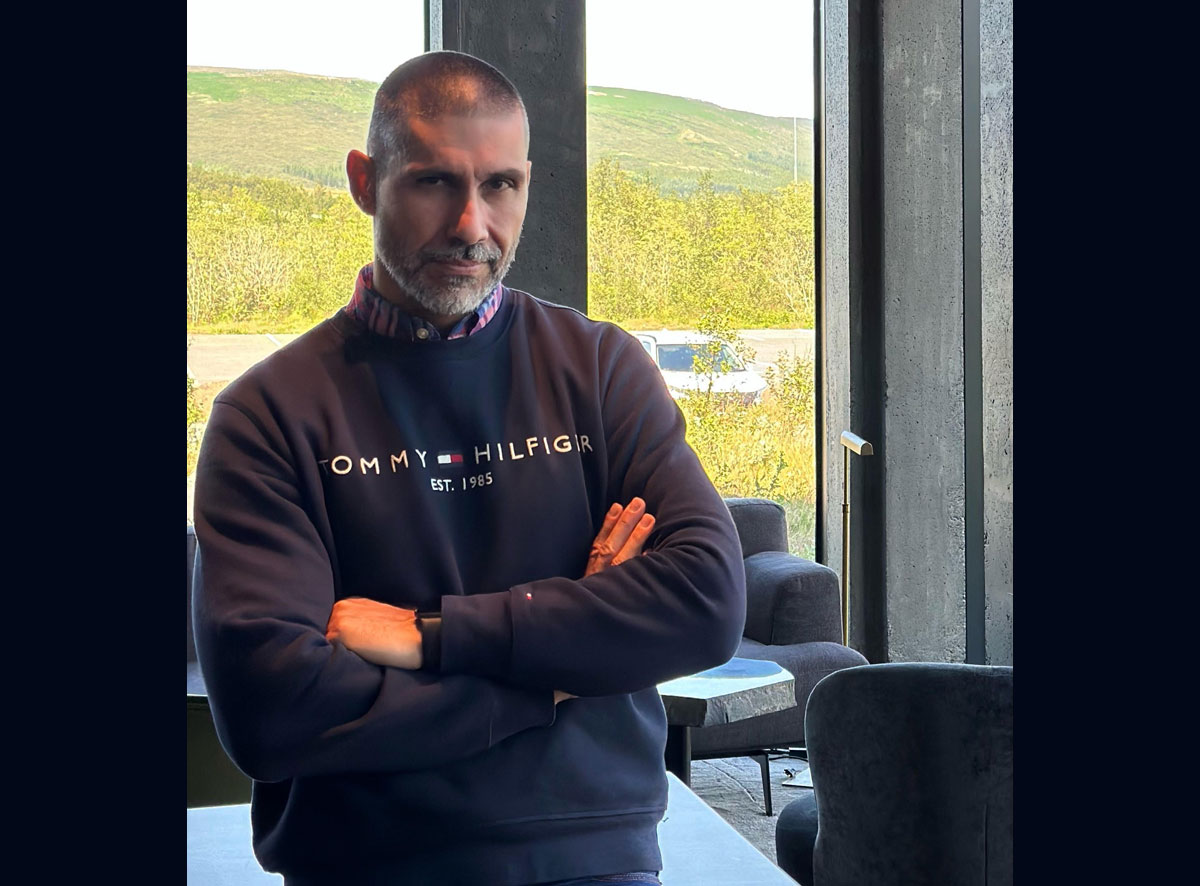Alkiviadis Vatopoulos – One Health: A “Key” to Environmentally Friendly Development
Alkiviadis Vatopoulos – One Health: A “Key” to Environmentally Friendly Development

The epidemic of infections caused by antibiotic-resistant bacteria is one of the first scientific fields where the concept of One Health is applied.
This approach studies the spread of resistant microorganisms and genes between animal and human populations. Additionally, many coronaviruses (SARS, MERS, COVID) are believed to originate from animal populations.
This is emphasized by Professor Alkiviadis Vatopoulos in an interview with the website of the Mediterranean One Health Innovation Center (MED-OHC).
Mr. Vatopoulos is a Biopathologist, Emeritus Professor of Microbiology at the University of West Attica, and a member of the Scientific Council of the Mediterranean One Health Innovation Center (MED-OHC).
The Interview:
Q: What exactly does One Health mean?
A: One Health is a modern approach in the science of Public Health and Clinical Medicine that considers humans as part of the broader ecosystem. Human societies influence and are influenced by the overall environment—whether it be the natural environment (urban and rural areas) or the health of fauna and flora that directly or indirectly interact with humans.
Therefore, both Clinical Medicine and Public Health must take this interconnection into account. In other words, the interactions between the environment and human health must be considered when developing strategies for improving public health, researching the causes and biology of diseases and epidemics, and designing strategies to address them.
Q: How does One Health contribute to promoting and protecting Public Health in our daily lives?
A: Detecting, assessing, and designing strategies to address epidemics requires evaluating the possible involvement of environmental factors. There are many examples:
- The epidemiology of dengue fever depends on understanding the distribution of various mosquito species and the prevalence of the disease in animals (such as horses).
- Brucellosis, a zoonotic disease, is diagnosed based on patient history (contact with animals, dietary history, etc.), while its community-wide management requires close collaboration with veterinary services.
- The epidemiology of malaria also relies on the One Health perspective.
Furthermore, in terms of health promotion, One Health is essential in areas such as managing wetlands, urban planning, and veterinary services. A functional health system should not be isolated from veterinary or environmental services.
Q: How crucial is the role of One Health in mitigating pandemic threats like the one the world recently experienced, as well as other threats like the Food and Climate Crisis?
A: Since many human epidemics originate from animal outbreaks, and many “new” pathogens arise from mutations or recombinations of microorganisms prevalent in animals, there is a clear need for communication and close cooperation between experts in relevant fields, including medicine, public health, biology, veterinary medicine, and ecology.
Scientific research must consider this interconnection, and development strategies (economic, etc.) should factor in their environmental impact.
The epidemic of antibiotic-resistant infections is a primary example where the One Health approach is applied by studying the spread of resistant microorganisms and genes among animal and human populations. Additionally, many coronaviruses (SARS, MERS, COVID) are believed to originate from animal populations.
Q: How can an active citizen stay informed and contribute to promoting One Health?
A: By continuously educating themselves on these issues and adapting their behavior and societal participation accordingly. Additionally, by advocating for development policies that consider their environmental impact.
An active citizen must realize that there can be no healthy development in an unhealthy environment and should pressure policymakers to act accordingly.
Q: Is One Health a valuable tool for mitigating the effects of the Climate Crisis and achieving Sustainable Development Goals?
A: Absolutely! The principles of One Health will contribute to environmentally friendly development.
PROFESSOR ALKIVIADIS VATOPOULOS
Alkiviadis Vatopoulos is a Biopathologist and Emeritus Professor of Microbiology at the University of West Attica.
He graduated from the Medical School of the University of Athens, specialized in Biopathology (Clinical Microbiology) at Evangelismos Hospital, and completed his doctoral thesis at the Laboratory of Hygiene and Epidemiology at the University of Athens Medical School.
He holds an MSc in Medical Microbiology from the London School of Hygiene and Tropical Medicine, University of London (British Council Scholarship). He has served as:
- Deputy Director and Director at Hippokration General Hospital of Athens,
- Lecturer, Assistant Professor, and Associate Professor at the Laboratory of Hygiene and Epidemiology at the University of Athens Medical School,
- Professor of Microbiology at the National School of Public Health,
- Professor of Microbiology at the Department of Public Health Policy at the University of West Attica, from which he retired in September 2022.
His research focuses on the epidemiology of infectious diseases, particularly the molecular biology and epidemiology of hospital-acquired infections and antibiotic resistance.
His primary research goal is to understand the mechanisms behind the emergence and spread of antibiotic-resistant microorganisms in hospitals and communities.
This knowledge aims to inform antibiotic use policies and improve infection management while addressing this major global health issue.
He has been a member of the Expert Committee of the Ministry of Health for managing the pandemic. He is the author or co-author of 166 publications in international journals and a member of the Scientific Committee of the Mediterranean One Health Innovation Center (MED-OHC).




